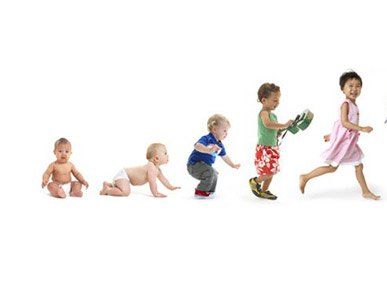
In life, maintaining your physical wellbeing is just as crucial as learning how to take care of your mental wellbeing. In fact, there is a direct correlation between the two, with medical professionals discovering that good mental wellbeing can enhance physical wellbeing and vice versa. That is how it goes for most of us, as adults. But what about children?
A child experiences incredible physical, emotional, social, language ,spiritual, moral and cognitive development during their first five years of life. A variety of needs are essential including, physical and mental wellbeing, love, care and affection and dietary needs upon them entering the world.
One of the most visible developments in children is physical development. It includes the growth and development of both the brain and body of a child and children’s ability to use and control their bodies known as motor skills. These are easily often noted as a child’s height, weight, ability to walk, pick up toys and more. It is often overlooked that physical development of a child corresponds to something that is not as visible to us which is their mental wellbeing. The brain controls movement and exploration in every area of a child’s development, and is stimulated to grow. Children’s early experiences set the groundwork for good mental wellbeing just as they mould the architecture of the developing the brain. In the case of mental wellbeing, it can look like a child’s healthy social, emotional, and behavioural well-being. The brain develops and is supported in its critical mental functions by physical development and activities.
Children can benefit in a number of ways from regular opportunities for physical activity. At the same time, their mental and emotional health are also improved, aside from their physical health. Physical activity encourages the body to use more oxygen to power the circulatory system, in turn to enhances learning, thinking and problem-solving, promote attention skills, and motor skills (such as hand-eye coordination). Play and physical activity will also release feel good chemicals in the brain (known as endorphins) that help to enhance mood, energy and even sleep.
There is much trial and error as young children learn to experiment, experience, express, play and regulate their own emotions and understanding. They must be able to experiment and learn in a safe environment with caring adults who can guide and support them. This sense of safety and security is crucial to children’s physical and mental growth and development.
It is important to keep in mind that for adults developing wellness is an active process. It involves being conscious of initiating and maintaining a healthy and fulfilling life. For children this process is not a conscious one but a work in progress. Children will naturally play and be active, test their developing skills and experience both positive and negative outcomes. Their physical and mental health and wellbeing is linked and benefits from our adult help and support as they grow into well rounded little humans.
